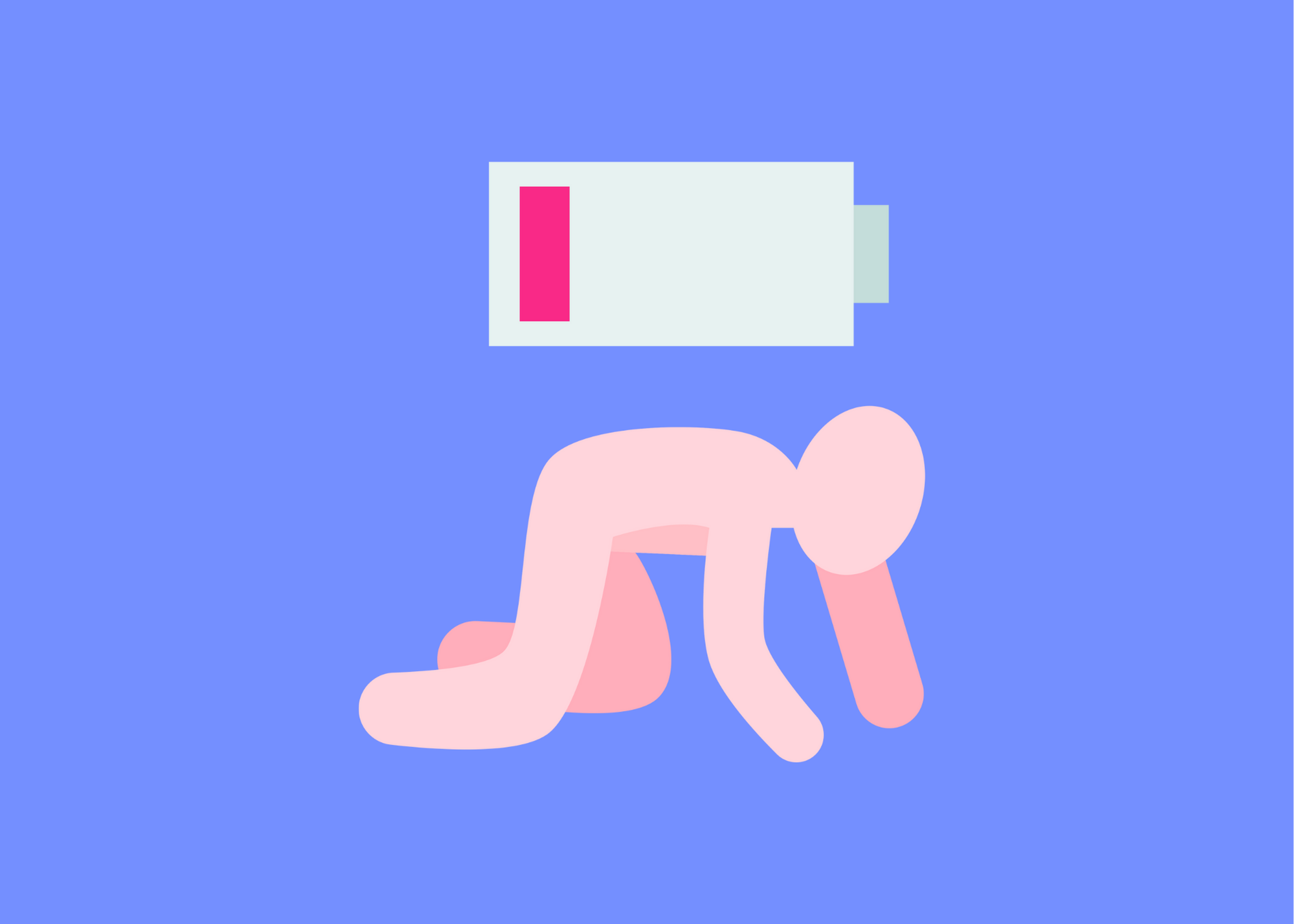Nutrition for a Strategic Edge: How Food Choices Impact Cognitive Performance
The food you eat directly impacts your mood, mental clarity, and energy.
The connection between nutrition and mental clarity is essential for anyone striving for peak performance. When deadlines are tight and the stakes are high, your diet might not seem like a priority. However, the food you eat directly impacts your focus, decision-making, and resilience under pressure. Cutting-edge research confirms that fueling your brain with the right nutrients can boost productivity and protect against the effects of chronic stress.
For high-achieving professionals managing chronic stress and burnout, proper nutrition is more than just a performance enhancer—it’s a foundational tool for recovery. Inadequate nutrition can amplify feelings of mental fog, irritability, and fatigue, while balanced meals rich in vitamins, minerals, and antioxidants provide the fuel necessary to sharpen your focus and enhance emotional stability. Whether you're dealing with burnout, stress, or both, incorporating brain-boosting foods into your diet can make a world of difference in your ability to manage challenges and stay energized throughout the day.
The Gut-Brain Axis: Your Diet is Greatly Impacts Cognition
The gut-brain axis is a powerful communication system linking your gut microbiome with your brain. This network affects the production of neurotransmitters like serotonin and dopamine, which regulate mood, energy, and concentration. A nutrient-deficient diet disrupts this balance, often resulting in brain fog, low energy, and diminished focus—outcomes no high achiever can afford.
Practical Insight: Think of your gut microbiome as the foundation of your mental performance. When properly nourished, it works synergistically with your brain to maintain clarity and resilience.
Powering Cognition: Key Nutrients for Mental Clarity
Omega-3 Fatty Acids
Why They Matter: These fats are essential for maintaining neural integrity and reducing inflammation, which can impair cognitive function.
How to Use: Incorporate fatty fish like salmon or tuna into your weekly meals. Not a fan of fish? Avocado, walnuts, and chia seeds are excellent plant-based alternatives.
Additional Options to Try:
Fatty fish: Salmon, tuna, grouper, trout, mussels
Plant-based options: Avocado, walnuts, chia seeds, flaxseeds, hemp seeds
Fortified foods: Omega-3-enriched eggs, plant-based milk
Antioxidants
Why They Matter: Antioxidants combat oxidative stress, which damages brain cells and impairs memory.
How to Use: Add vibrantly colored produce like blueberries, kale, and sweet potatoes to your meals. Pair a square of 70% dark chocolate with your afternoon coffee for an indulgent antioxidant boost.
Additional Options to Try:
Fruits: Strawberries, grapes, oranges, raspberries, pomegranates, cranberries, apples
Vegetables: Broccoli, red bell peppers, cabbage, beets, artichokes
Drinks: Green tea, matcha, freshly brewed coffee
Complex Carbohydrates
Why They Matter: Your brain thrives on glucose, but refined carbs can lead to energy crashes. Complex carbs provide steady fuel for sustained mental performance.
How to Use: Opt for whole grains like wild rice, brown rice, or quinoa in your lunch bowls. For breakfast, consider steel-cut oats topped with fresh fruit.
Additional Options to Try:
Grains: Bulgur, farro
Breakfast options: Whole-grain toast, whole-wheat English muffins
Snacks: Air-popped popcorn, roasted chickpeas
Starchy vegetables: Butternut squash, carrots
B Vitamins
Why They Matter: These vitamins, especially B6, B12, and folate, are critical for neurotransmitter production and preventing cognitive decline.
How to Use: Build meals around leafy greens, eggs, and legumes (like beans). Spinach is king — fresh leafy spinach greens added to your salads and bowls. Frozen spinach can be easily mixed into many meals like: scrambled eggs, pastas, casseroles, blended into smoothies, and even into baked goods like brownies.
Additional Options to Try:
Leafy greens: Kale, Swiss chard
Protein: Chicken, turkey, beef
Legumes: Lentils, chickpeas, black beans, edamame
Dairy: Low-fat yogurt, milk, cheese
Fortified foods: Nutritional yeast, fortified cereals
Foods to Avoid for Cognitive Optimization
Refined Sugars: They trigger energy spikes and crashes, leading to irritability and impaired focus.
Processed Foods: Often loaded with trans fats and additives, these disrupt gut health and increase inflammation.
Excess Caffeine: While coffee can enhance focus, overconsumption disrupts sleep and, ultimately, cognitive performance. Avoid coffee late in the day to minimize sleep disruptions.
Build Brain-Optimized Nutrition Habits
Start Strong: Begin your day with a balanced breakfast. Try a quick egg scramble with avocado and spinach.
Plan Ahead: Prepare brain-friendly snacks in advance. Portable options like hard-boiled eggs, mixed nuts, or sliced veggies with hummus can save you from vending machine temptations.
Stay Hydrated: Even mild dehydration reduces focus. Aim for at least eight glasses of water daily. A great hydration goal is to drink 1 oz of water for every pound your weigh. Adding electrolytes or herbal teas can enhance hydration without added sugar.
Embrace Intermittent Fasting: Emerging research suggests that strategic fasting periods can enhance brain function and protect against cognitive decline. Consider a 16:8 fasting routine if it aligns with your lifestyle.
Final Thoughts
Investing in your brain through nutrition is not just about surviving the daily grind—it's about thriving for the long haul. A nutrient-rich diet can boost your productivity today while reducing the risk of cognitive diseases like Alzheimer’s and dementia in the future. By making mindful food choices, you set yourself up for clarity, resilience, and peak performance.
This approach to nutrition is especially crucial for those dealing with chronic stress and burnout. The right foods can stabilize mood, enhance mental clarity, and provide the energy needed to face even the toughest challenges. By prioritizing both your brain and body, you’re not just combating burnout—you’re building a strong, sustainable foundation for lasting success and well-being.
Need Help? Your Nutrition fuels your daily performance— maximize it!
If you’re constantly swinging between control and chaos, it’s time to stop chasing willpower and start building real consistency. Let’s create a system that supports your body and your schedule.
🍽️ Book your free consult today.
Article References
The sources cited in the article:
Harvard Health. "Food Linked to Better Brainpower." Harvard Health - Food Linked to Better Brainpower
Harvard Health. “Nutritional Psychiatry.” Harvard Health - Nutritional Psychiatry
National Institutes of Health (NIH). "Nutrition and Cognitive Health: A Life Course Approach.” NIH - Nutrition and Cognitive Health
American Heart Association (AHA). "Food for Thought: How Diet Affects the Brain Over a Lifetime.” AHA - Diet and the Brain
The Journal of Nutrition (JN). “Nutrition and the Brain: Exploring Pathways for Optimal Brain Health.” JN - Nutrition and the Brain






